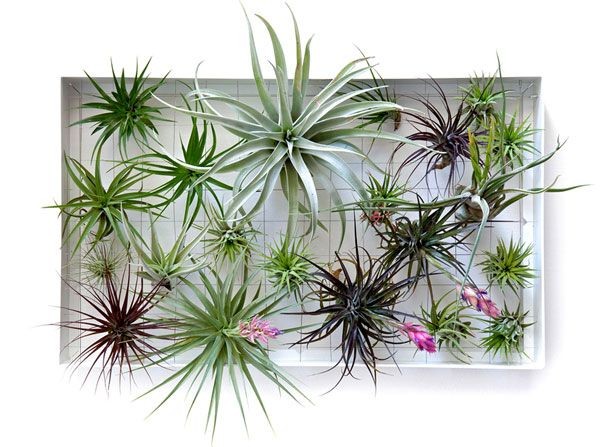Glue down vinyl flooring is a luxury vinyl floors option that provides a range of benefits for the consumer. It’s easy to clean, has excellent stain and moisture resistance, and can even be used in high-traffic areas. It’s a popular choice for bathrooms and kitchens and is great for a variety of applications.
Glue down LVP floors are very easy to install. The first step is to prepare the subfloor. You should clean it thoroughly and remove any debris, then level it. Next, you can lay the tile. The tiles click together to form a firm walking surface. This type of vinyl floors are an excellent choice for any room with a high-traffic area, such as a kitchen or dining area.
1. LVP
Glue down LVP floors are an excellent choice for many different spaces. The installation process is simple. You start by cleaning the subfloor and leveling it. Once the subfloor is ready, you can start laying the tiles. Then you can click them together to create a solid walking surface.
DIY floor projects are great because they give you creative freedom and a cost-effective solution. Plus, laying new floors can be relaxing, fun, and therapeutic. With all the DIY information online, it is easy to see why people have become so interested in home improvement projects. You can even install these LVP floors if you are not a seasoned professional.
LVP floors are a great choice for rooms where moisture is an issue. These types of floors are made to be very durable, but it is still not the best choice for outdoor use. If you’re going to be living outdoors, consider hardwood floors or floating floors. While both of these floor options are great, they are best suited to smaller rooms. These floors are a much better option for larger spaces.
Another great advantage of the increasingly common LVP floors is that they can be easily replaced if needed. This type of flooring is a good option for changing retail environments and hospitality spaces. You can easily change out individual planks without tearing up the entire floor.
2. Vinyl Plank

The benefits of synthetic plank glue down floors include its durability and ease of maintenance. It’s also incredibly low-cost and complements many decor styles. And, it’s easy to install! All you need is rubber mallet and liquid glue. Synthetic plank glue down floors is an excellent choice for high-traffic areas in the home.
These synthetic plank floors offer durability and beauty at an affordable price. Its scratch, stain, and water-resistant. Plus, it’s easy to clean and maintain – perfect for busy families! A bonus feature: Glue down vinyl plank flooring is one of the fastest-growing floor innovations in decades, at least as far as floors go.
Before laying the synthetic planks, you’ll need to choose a type of adhesive that is suitable for gluing synthetic planks. Manufacturers typically provide specific adhesive recommendations for their products. You’ll need to follow their instructions on how to apply it. Some even recommend a particular type of trowel.
To apply vinyl plank floors, pour adhesive in the center of the room and spread it over the room. Glue down floors like these: https://www.flooringstores.com/blog/glue-down-vinyl-plank-flooring/ are very easy to install. First, you need to prepare the subfloor by cleaning, leveling, and removing debris. Next, you lay the tiles, which click together to form a solid walking surface.
3. Vinyl Tile
Glue down vinyl tile flooring is a great option for anyone looking for a budget-friendly floors solution. It is not only easy to install, but it can also hide imperfections in the subfloor. Because the adhesive is water-soluble, it is easy to clean. This recent study says that it is also very affordable – a gallon can cover up to 400 square feet of floor space.
While installing these synthetic tiles can be done by a DIY enthusiast, it is not for those with extensive construction skills. While it’s very easy to apply the tile, it’s important to prepare the subfloor carefully. If the subfloor is not flat and dry, the tile will not adhere to it. It also needs to be free of dust, powder, flaking, or curing compounds.
If you are installing a floor in a small room, you should choose a glue down option as this will provide a more durable floor. You should also take into consideration the size of the room before deciding on this type of floor. The adhesive used for this type of floor becomes stronger with age, so it can last for decades.
Both types of vinyl floors have their advantages and disadvantages. Both types offer stability and durability. While the click-lock installation is more convenient for small spaces, the glued-down method is recommended for larger rooms. Both types of floors are suitable for kitchens, bathrooms, and offices.
Article Submitted By Community Writer




